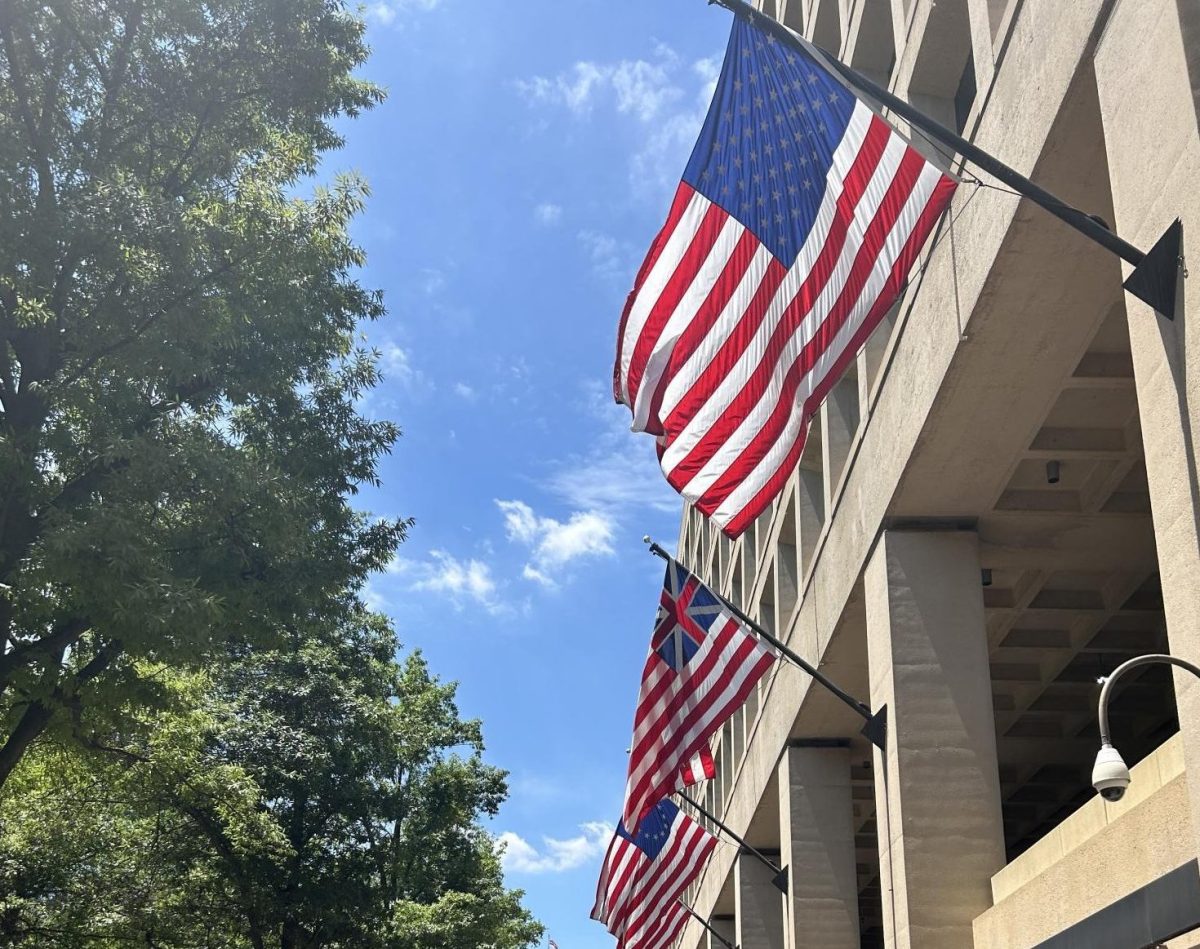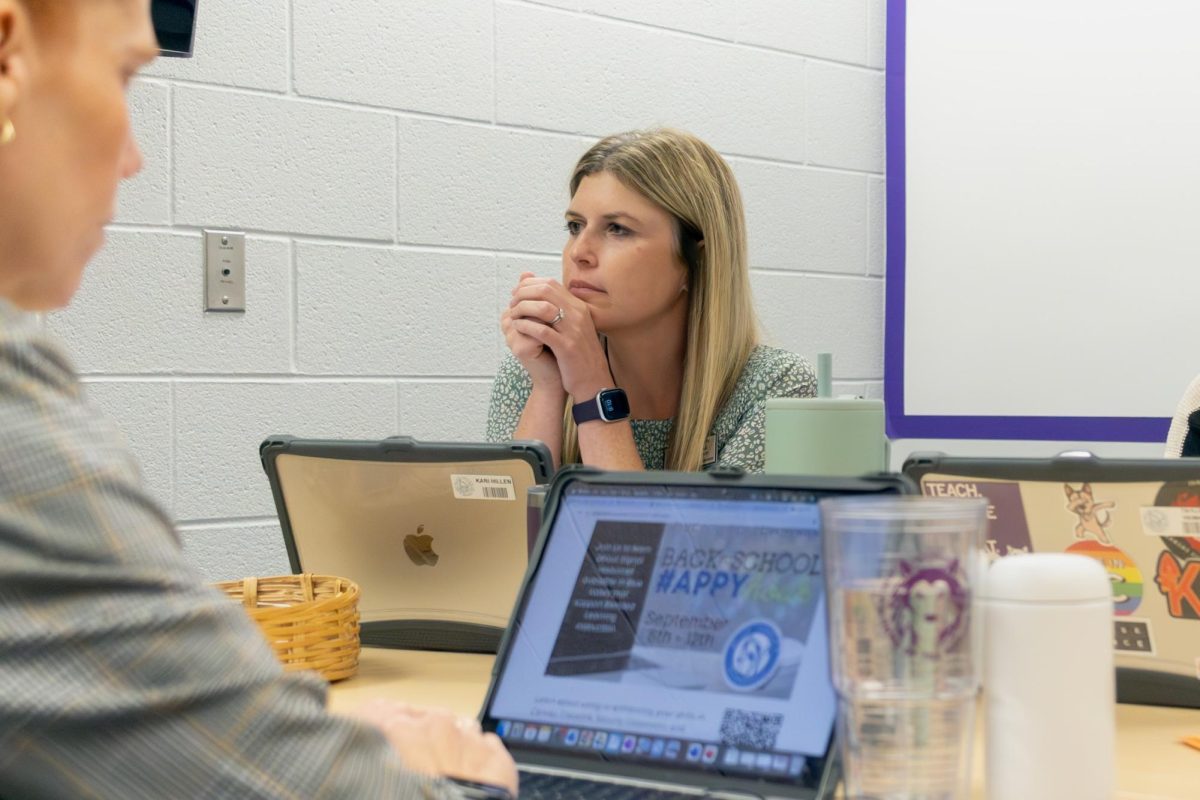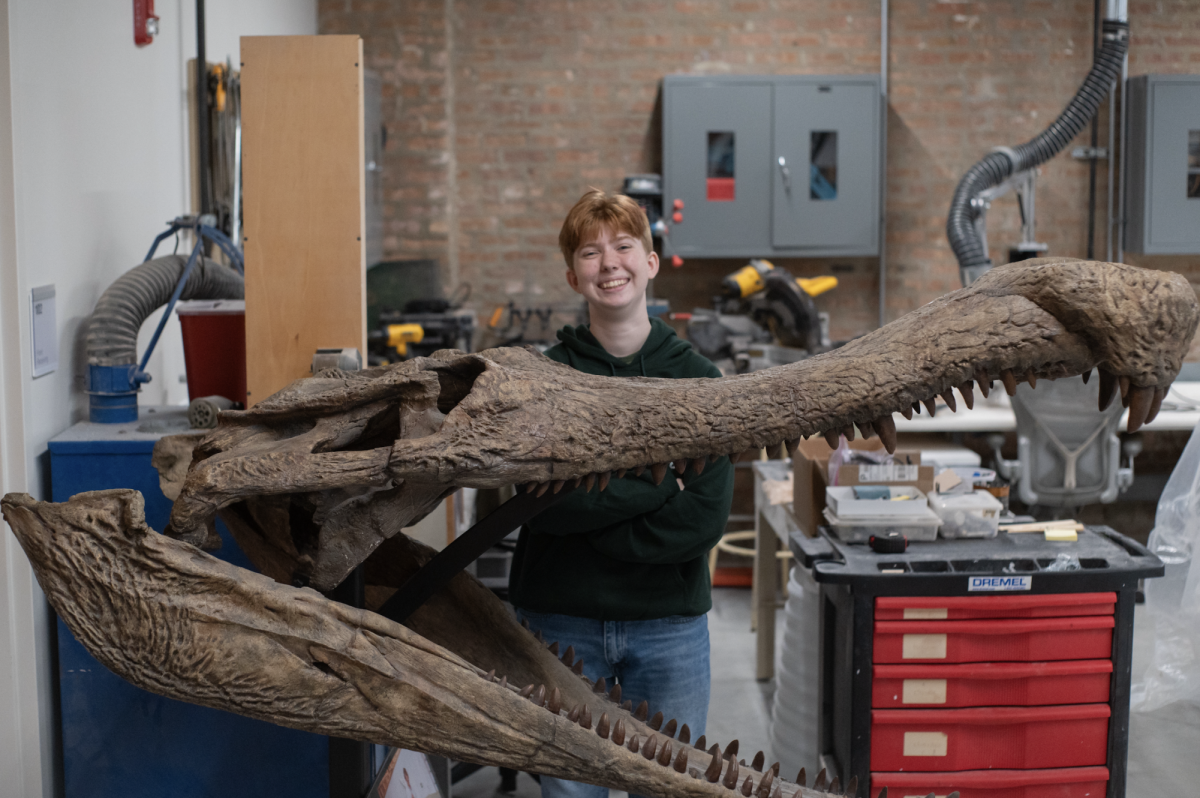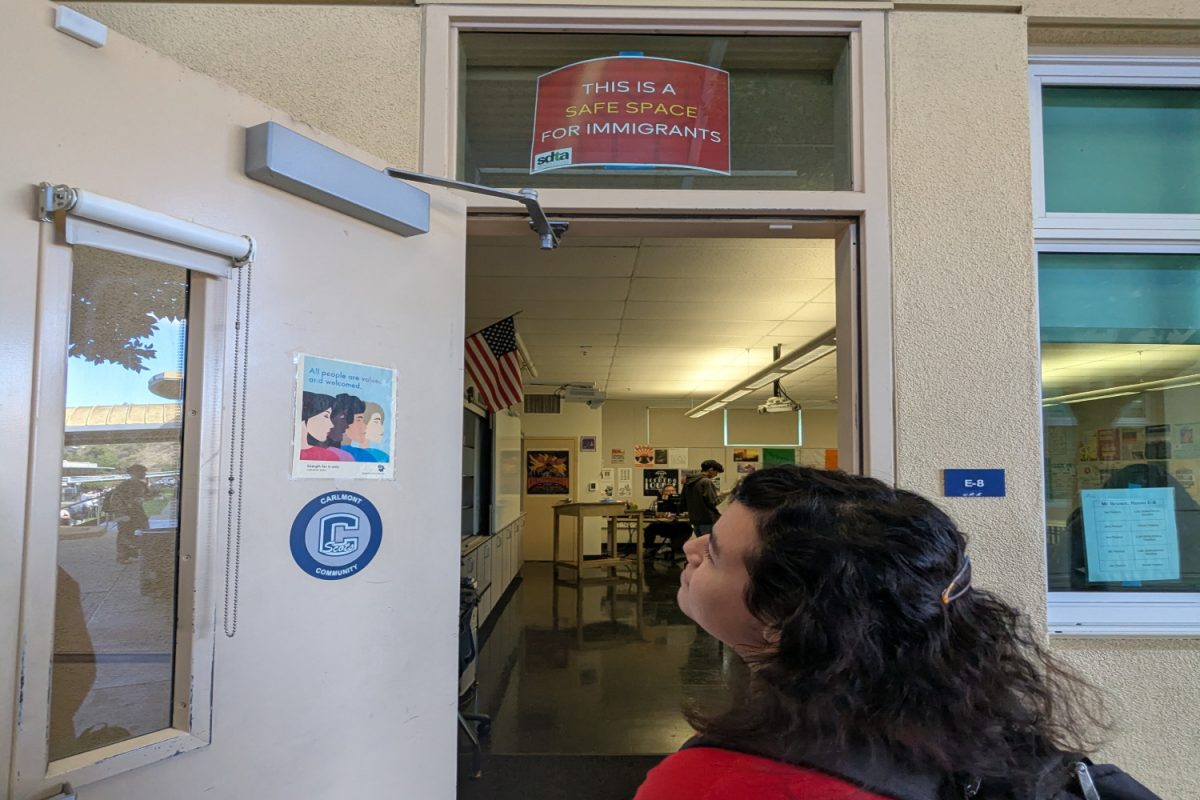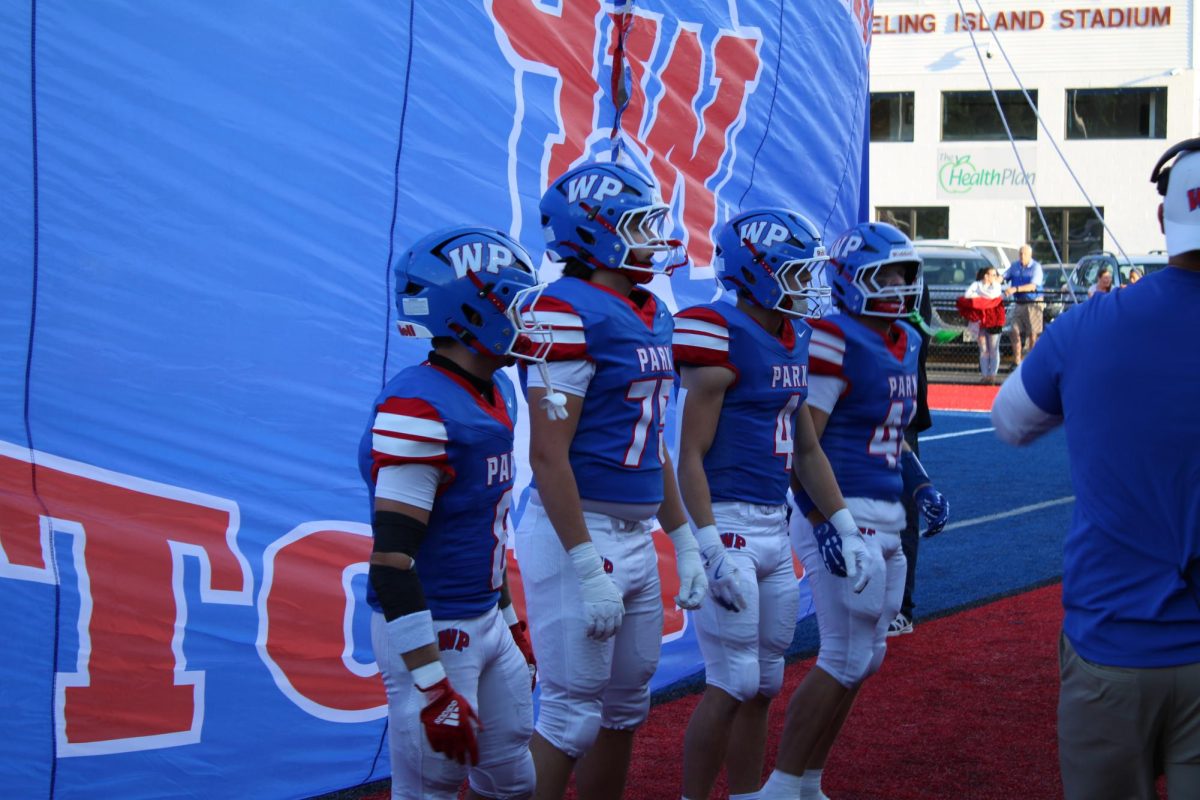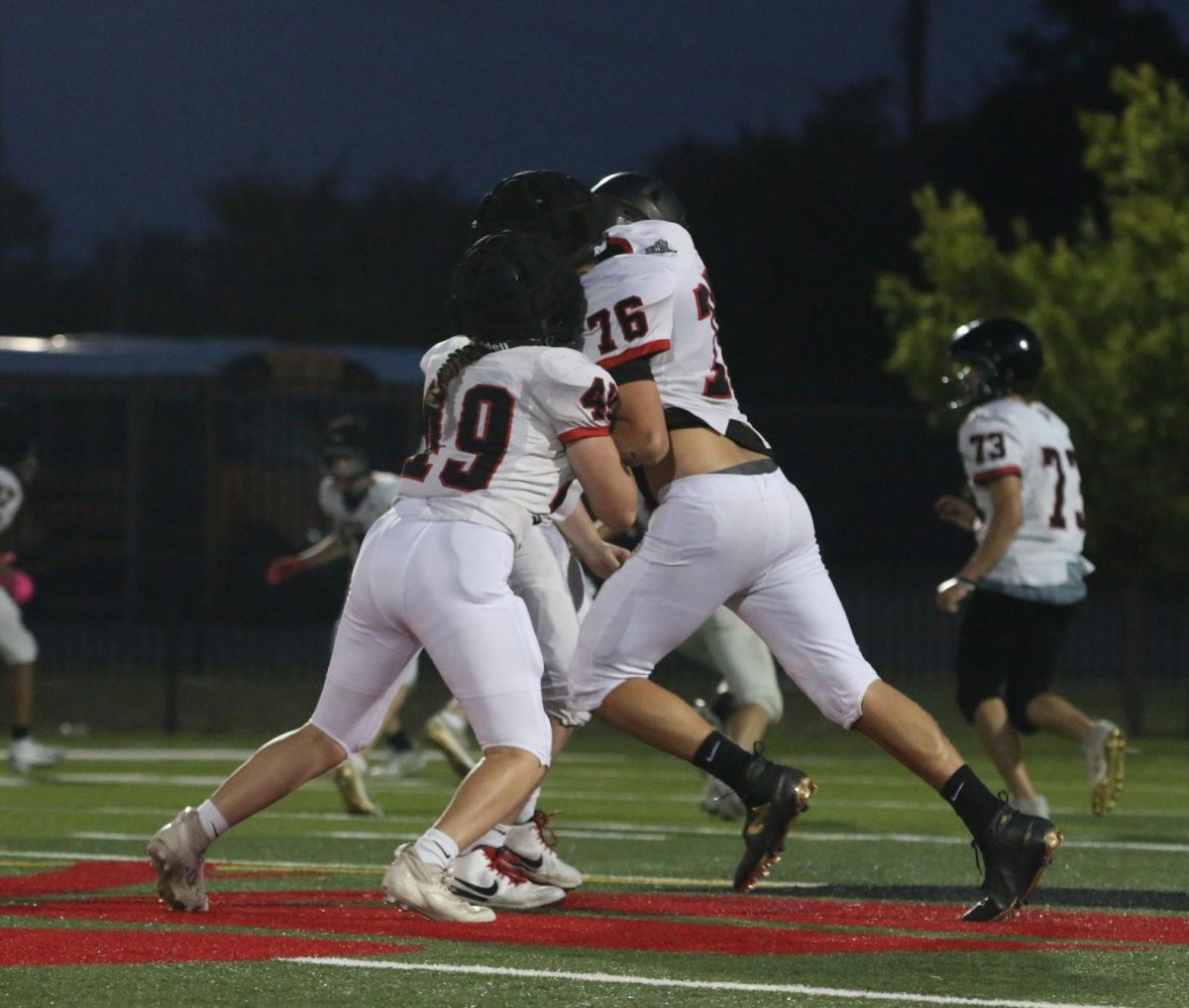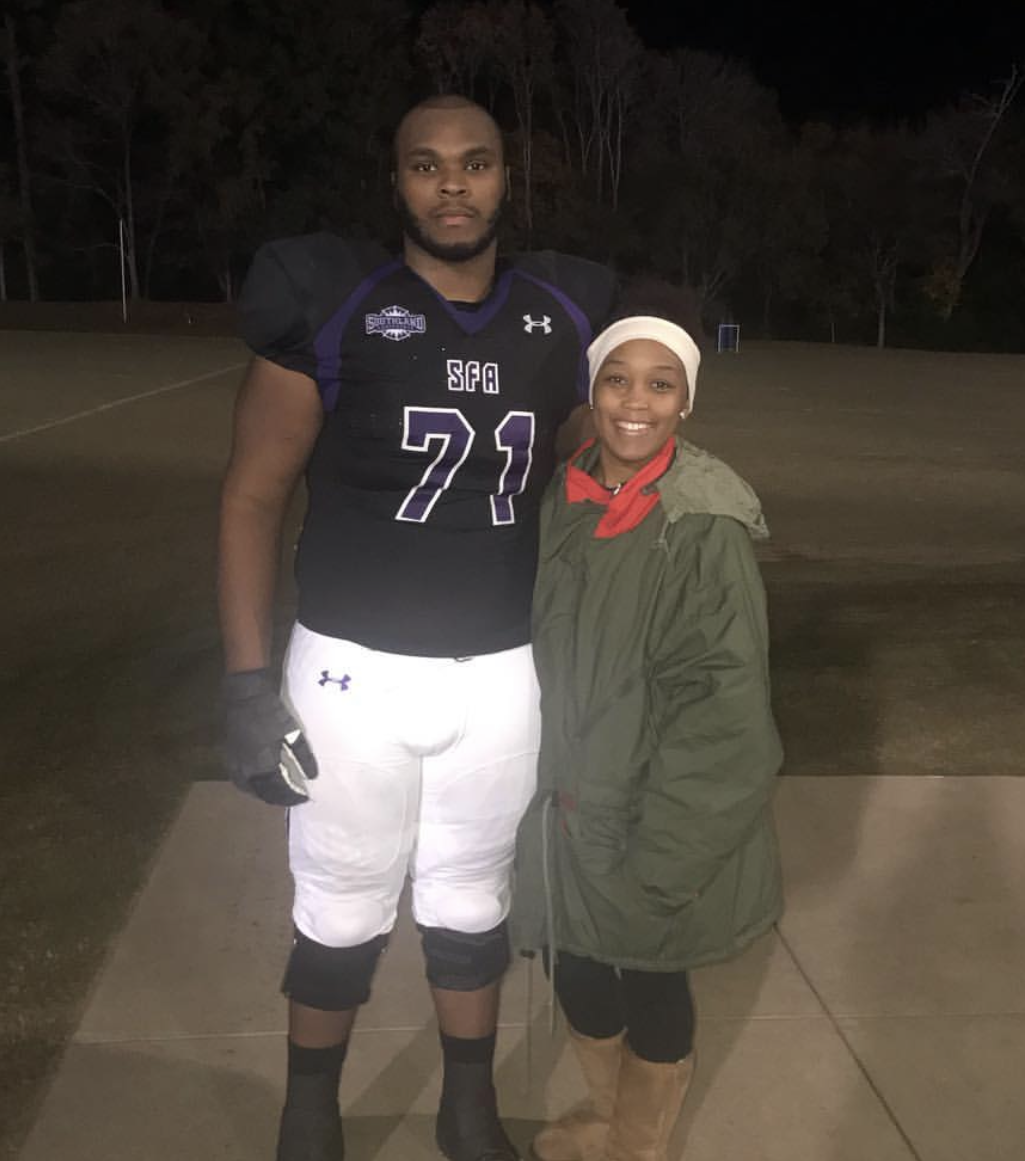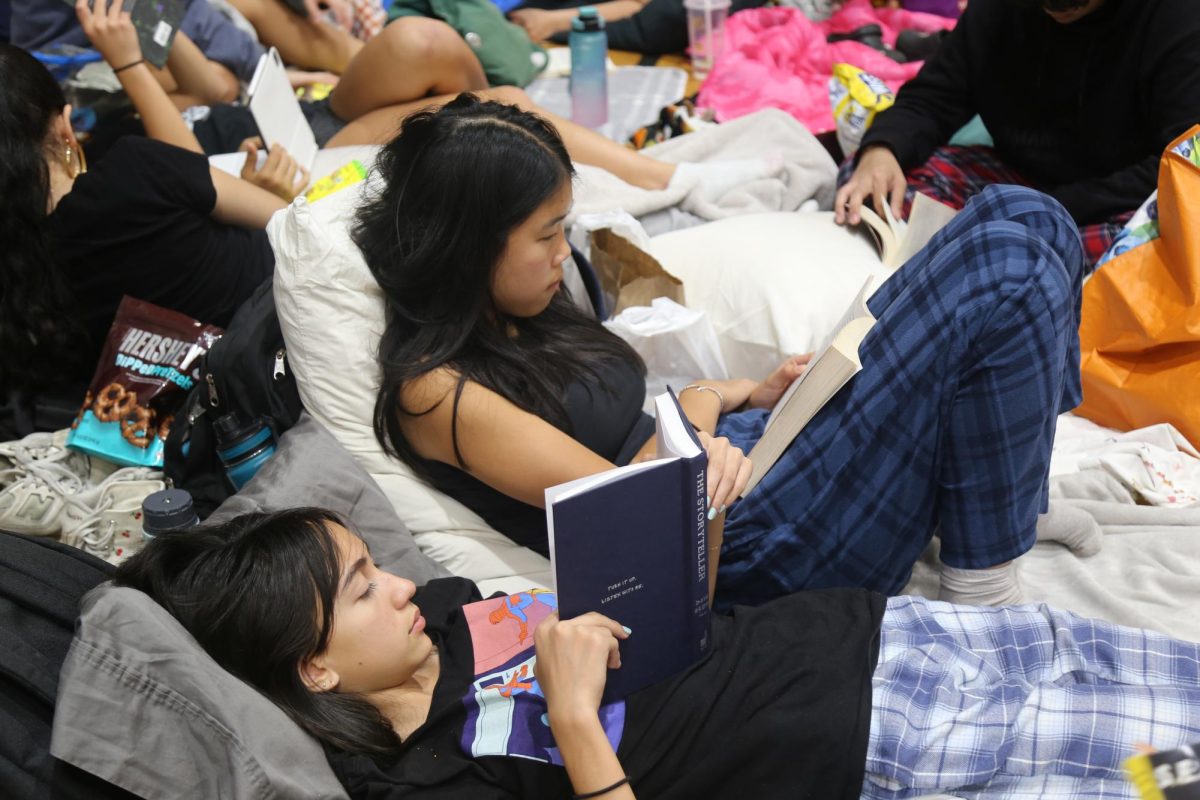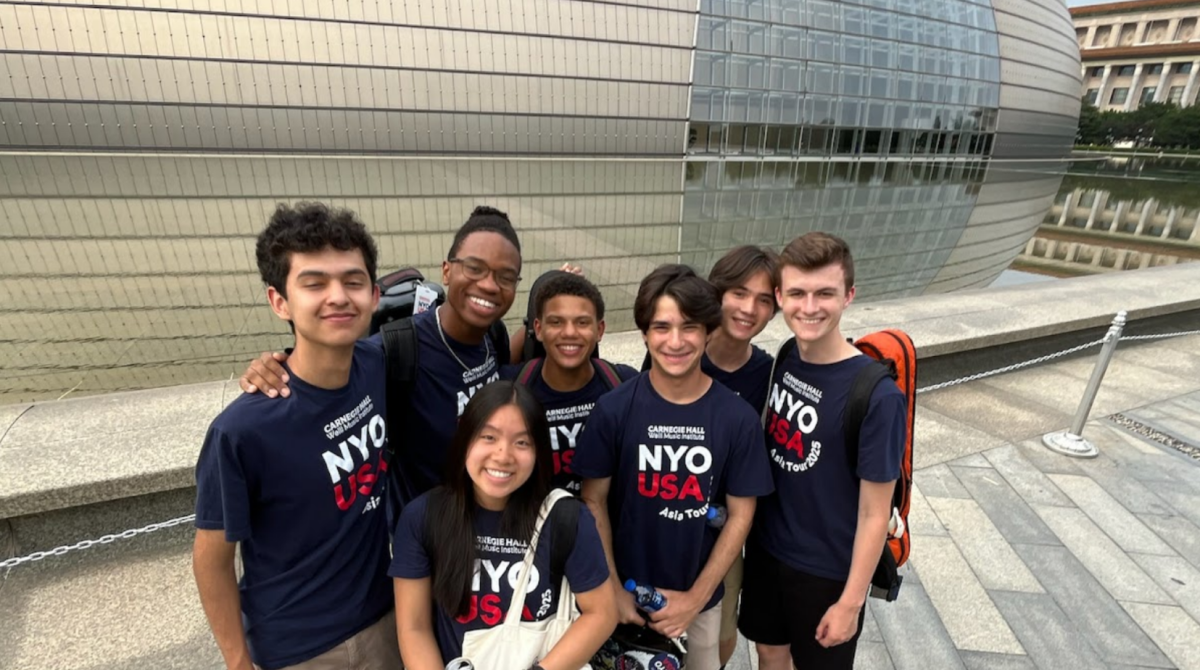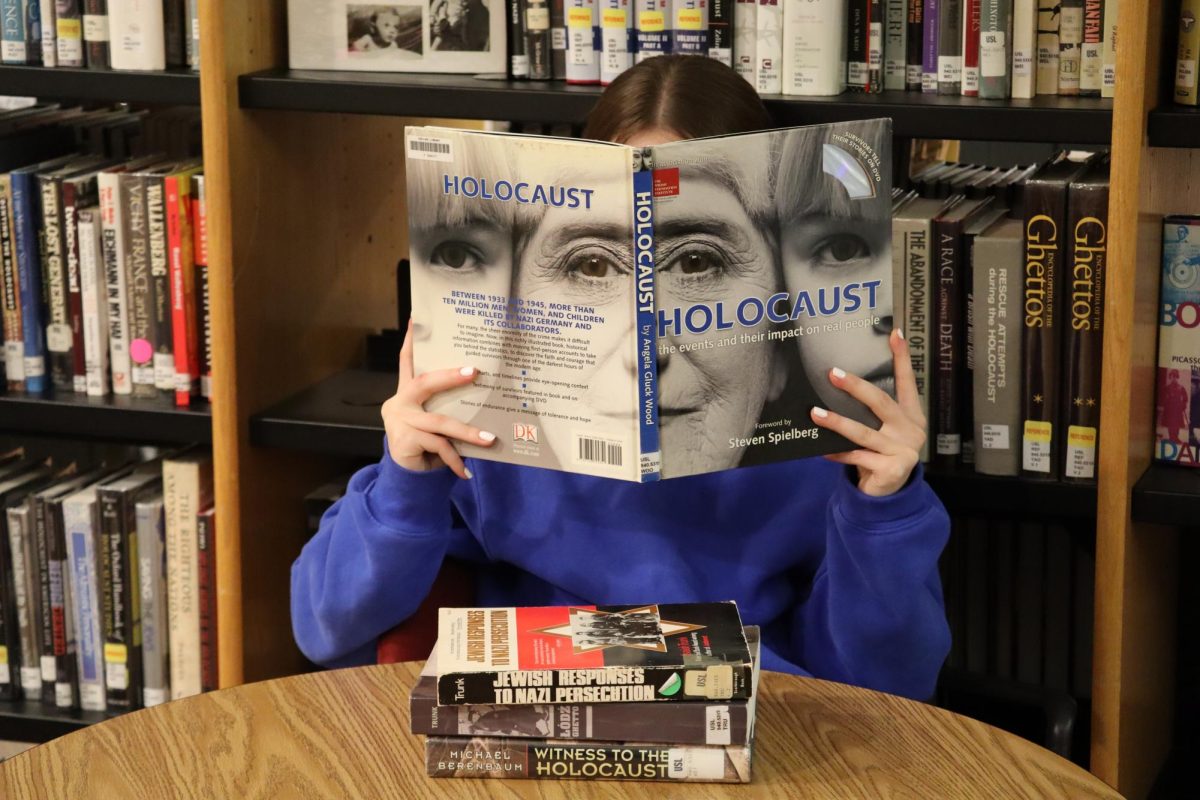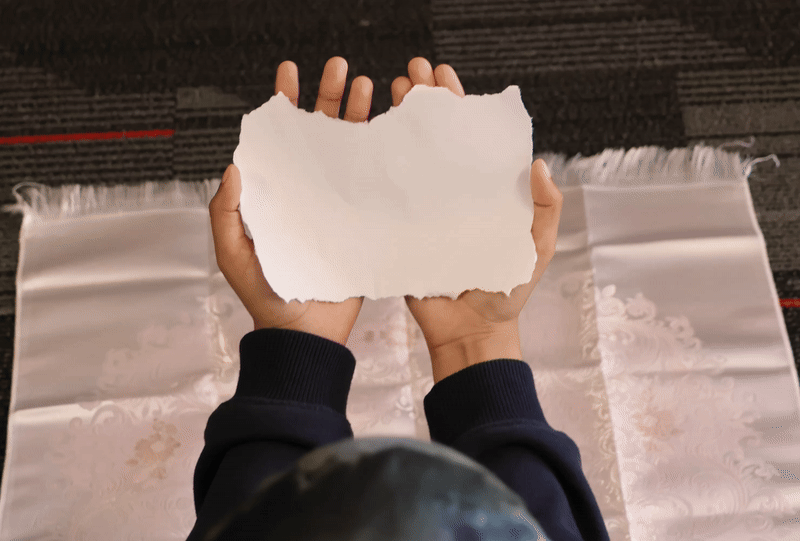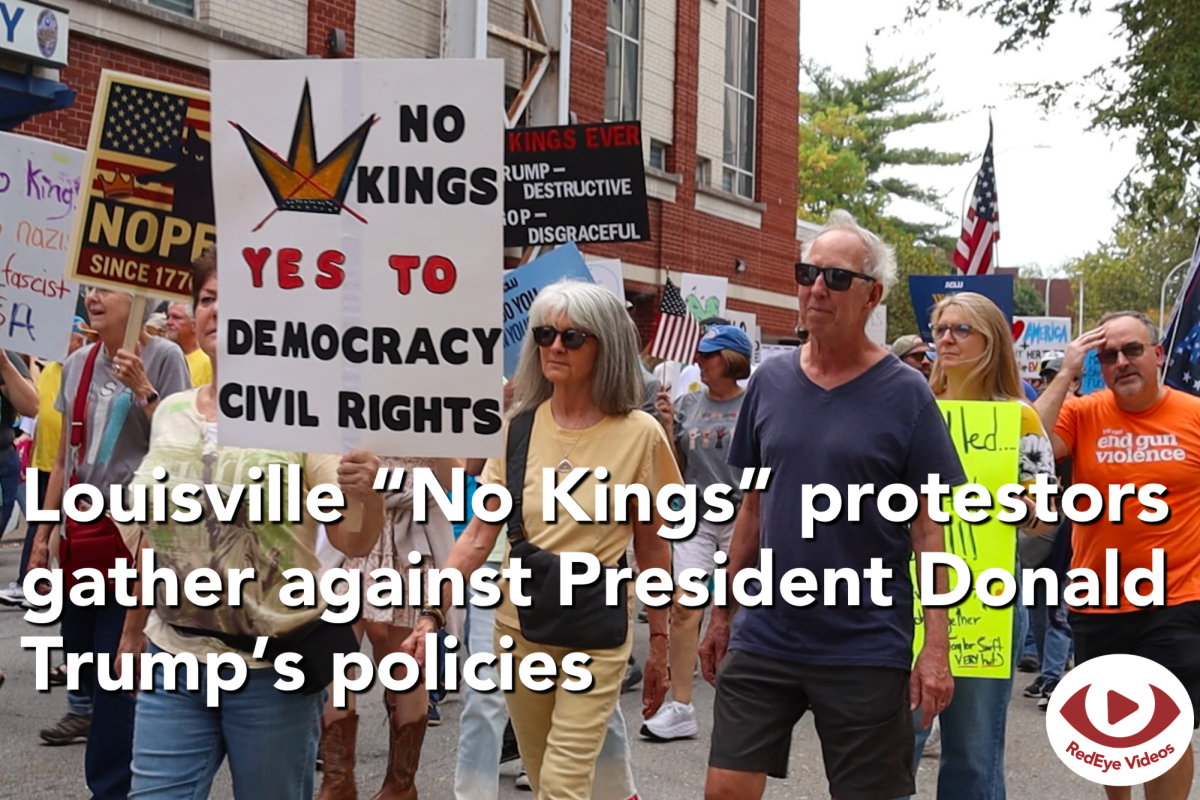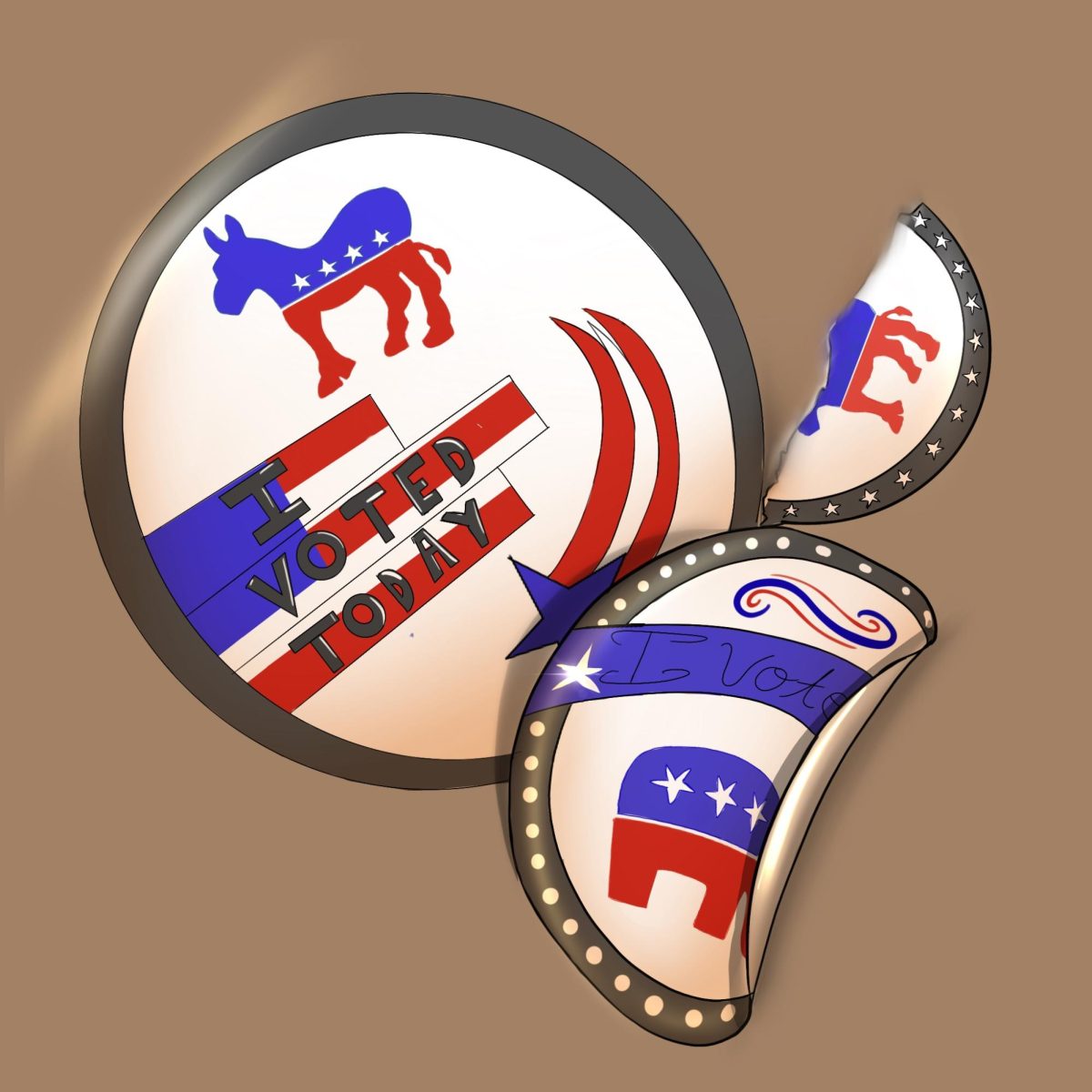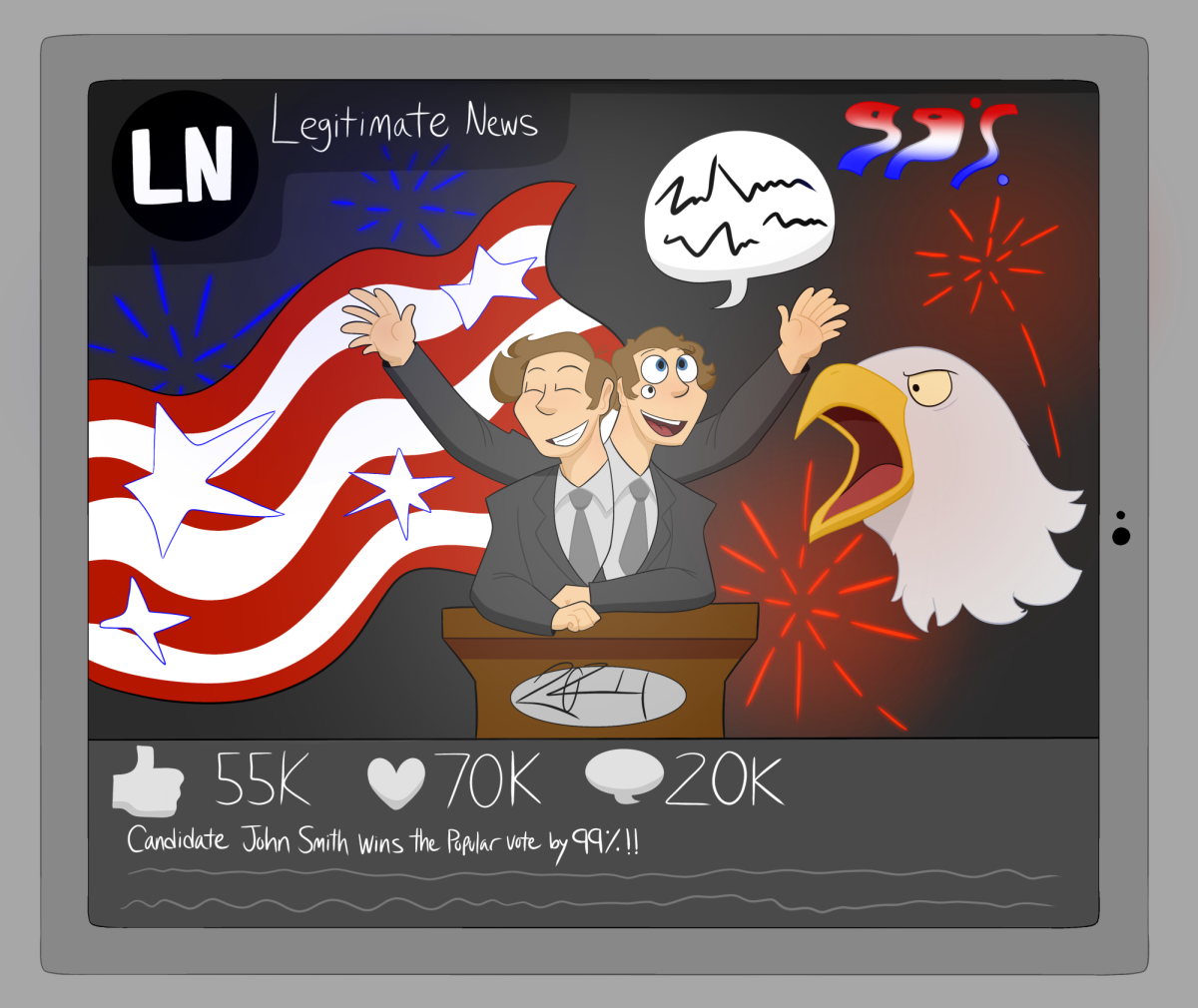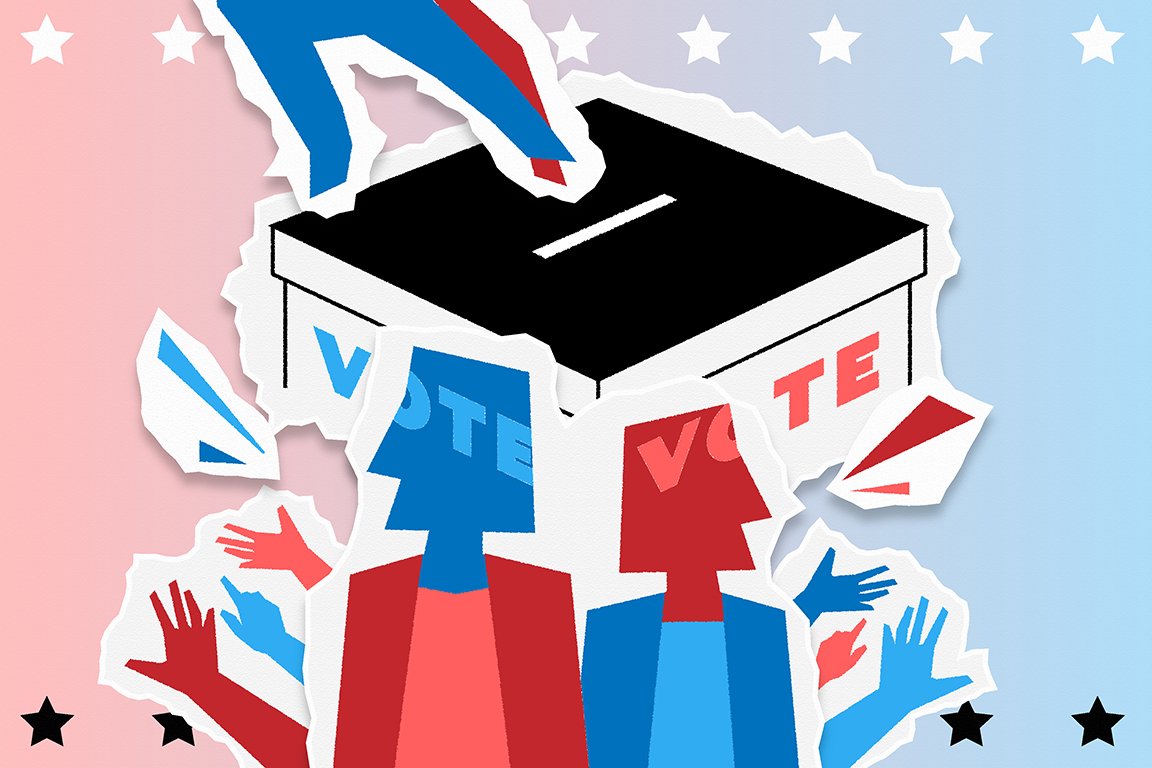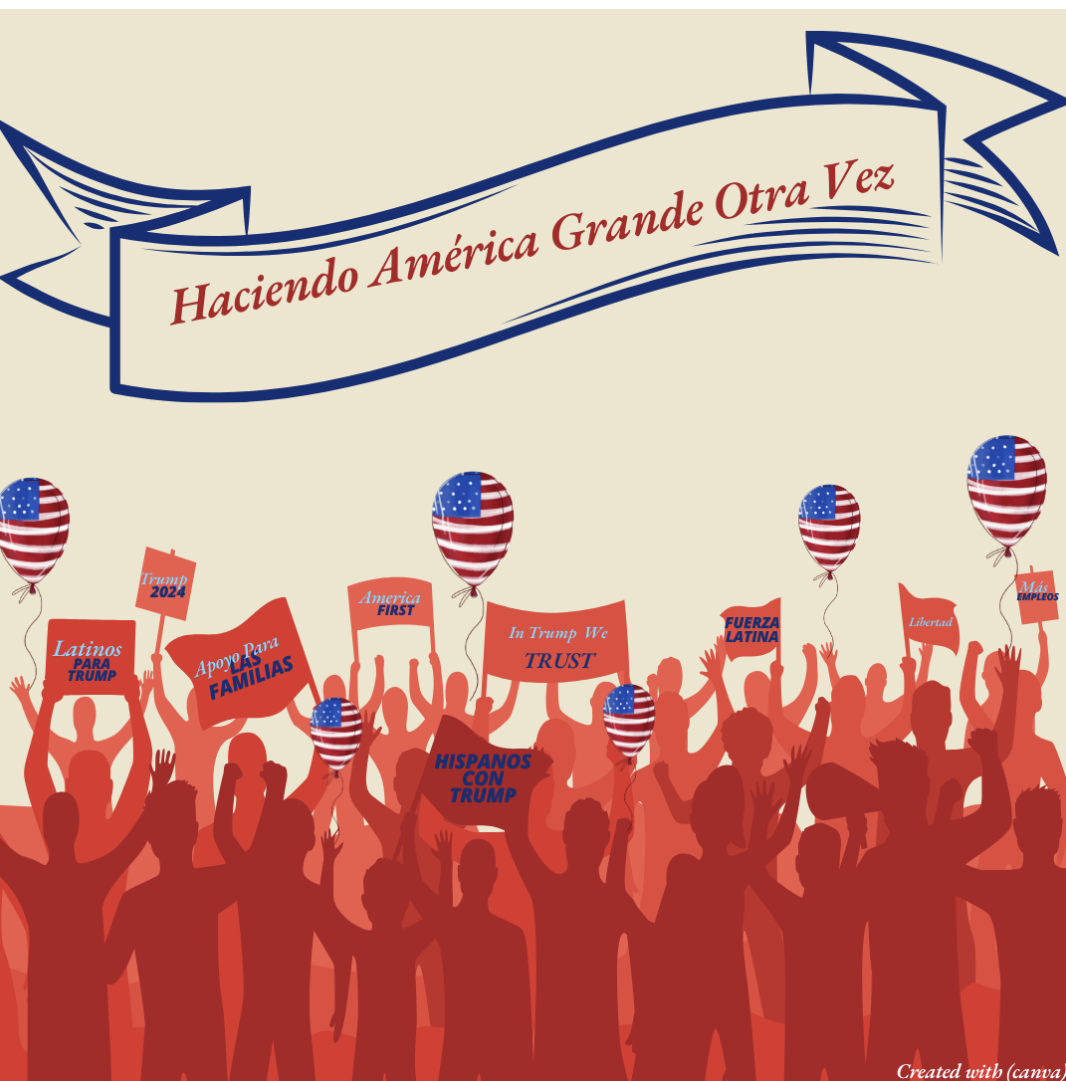On Nov. 5, the results of the 2024 election began rolling into news stations across the country. Americans watched Donald Trump inch closer to 270 electoral votes each time they refreshed their favorite news website.
One close watcher was senior Reagan Reilly, who kept up with the election while at work.
“It was very stressful, and I was just like, ‘This can’t be happening. This can’t be happening,’” Reilly said. “I was reminiscing to the 2020 election and the 2016 election when I was a kid, and it was on TV. It was the same feeling.”
Americans around the country had a similar evening to Reilly, falling asleep as they waited for key swing states to be called in favor of a candidate. When they woke up on Nov. 6, it was clear Donald Trump had won the presidency for a second time.
Some, such as SCHS computer science teacher Brian Van Dyck, were pleased to witness the success of their chosen candidate.
“I felt incredibly vindicated, I’ll be honest,” Van Dyck said. “I am a white, conservative, Christian male living in California and working in a very liberally-dominated employment sector and often here feel ridiculed and outcast because of who I am and because of my deeply held personal beliefs. This was vindication of things I’ve held deeply and believed deeply for a very long time.”
Other voters were less pleased with the outcome of the election, fearing that Trump’s victory represents a significant shift in the country’s plans and future. Math teacher Lauren Hasty believes Trump’s term poses a significant setback to necessary climate action.
“My biggest concern is the environment,” Hasty said. “I know that Republicans and Trump have said that global warming is a hoax. I believe that we’re past the critical point for global warming, and we have to be doing stuff now, not in four years when we get a new president.”
Concerns about the government’s next steps are not solely rooted in Trump’s election. The 2024 federal elections also resulted in Republican majorities in the Senate and House of Representatives. For social studies teacher Emily Haven, Republican control over Congress creates unease.
“I don’t like it when they’re all Republican and I don’t like it when they’re all Democrat, because our country is not majority one or the other,” Haven said. “I think it’s very healthy to have some division there. I understand that it slows down legislation, but I think that having those voices balance each other upholds that checks and balances ideals.”
Math teacher Taylor Burk, however, believes extreme political division has led to a decrease in the quality of presidential candidates. Uncomfortable with supporting either political candidate, Burk decided to cast a third party ballot for Robert F. Kennedy Jr.
“It feels like this has been the story for the past couple of election cycles: we’re either all the way on one side, or all the way on the other. I’m tired of that,” Burk said. “Is there anyone who’s a little bit more in the middle? A little bit more reasonable?”
For social studies teacher David Ledesma, it seems clear that the majority of America saw Donald Trump as a reasonable and desirable candidate.
“I think people were born and raised in California, and they don’t experience other cultures. They don’t experience other points of view from other parts of the country. They get surprised and shocked when things like this happen because they’ve never walked a mile in someone else’s shoes,” Ledesma said. “If Democrats stick with the idea that this happened because people are dumb and they’re racist and they’re homophobic and they’re this and they’re that, they’re going to continue to lose.”
Ledesma suggested that the economy played a large role in many voters’ decision making, agreeing with exit polls conducted by NBC News and CBS News. Social studies teacher Jean Liao acknowledged that prices were an important issue for the average voter and most likely have been since the previous election.
“The price tag on your sandwich, on your hamburger meat, that really affected people,” Liao said. “That’s definitely (from) Covid, the pandemic, and the shutdown. In economics, we’d call that a major supply shock, which is when suppliers and businesses shut down or have fewer hours… The supply shortages and supply chain issues would have caused prices to go up no matter what.”
Liao emphasized the complexity of economic crises and their solutions, which can confuse voters and obscure a president’s true responsibility for the country’s economy.
“We blame the current administration, Congress and the president, for whatever problem we’re dealing with even if it can’t possibly be their fault,” Liao said. “Politicians can create influences and incentives, but Donald Trump does not tell businesses how to set a price. Neither does Joe Biden.”
Liao believes her role as an economics teacher is an example of the delicate balance teachers and staff maintain throughout an election. While teaching ethnic studies, Haven carefully considers her response when asked about her personal voting decisions.
“I do really like to ask a lot of questions when students come to me with that stuff,” Haven said. “My first question is, ‘Why do you want to know?’ Is it just curiosity? Are you looking for an ally? Are you looking for a fight? Why do you want to know?”
Many staff members are dedicated to ensuring that students are allowed to form their own opinions but are also not left without any guidance or leadership.
“The manner in which you deliver the content you are teaching, that should be void of politics, personal beliefs, and it should be curriculum related and only curriculum related,” Van Dyck said. “However, we are working with young adults, and we are working with young adults that are developing their own opinions…When they come to you and they ask a question, they deserve an honest answer.”
Typically, intentional efforts from teachers goes a long way toward helping students feel comfortable in their classrooms and well-informed on political issues. Senior Dominic McMahon feels as though his teachers have managed their responsibility well.
“I think a lot of the teachers, particularly the history teachers, have done a good job giving information on elections and how things work,” McMahon said. “They do a good job of keeping it strictly to the facts, and they don’t say anything about their own affiliations.”
With the election results confirmed and an inauguration set for Jan. 20, many feel it is time for the campus to begin looking toward the future. As senior Vedanth Vijay considers another four years under Donald Trump’s leadership, he is not pleased. But he also does not believe America has much to fear from the President-elect himself.
“I think America as a nation was founded on values of freedom and liberty, and I don’t think that those can be removed from America’s cultural DNA,” Vijay said. “I think ultimately, if Trump steps over the bounds of what we think the government should do, in that event the American people… will speak up.”
Others stressed a similarly hopeful outlook, maintaining that Trump’s presidency could do minimal harm and may even bring about positive change. Whatever the effects of this election, however, teachers and students alike articulated the need to maintain a safe and respectful environment on campus.
“We’re not each other’s enemies,” Hasty said. “We have opinions, and we can’t really agree on this stuff, but we’re not enemies.”
This story was originally published on The Roar on November 15, 2024.


